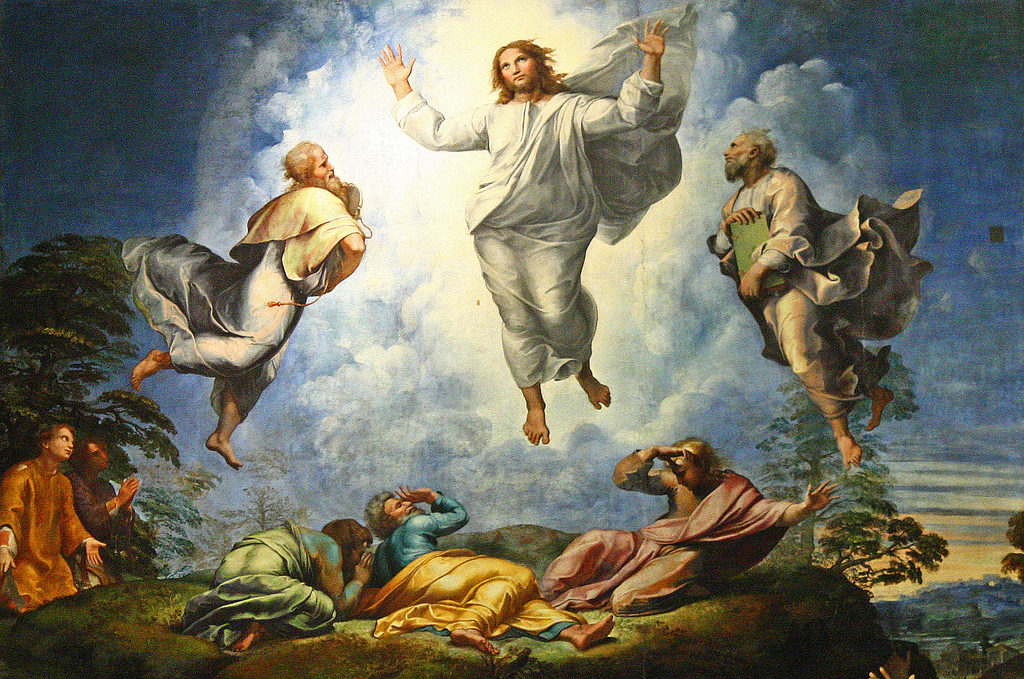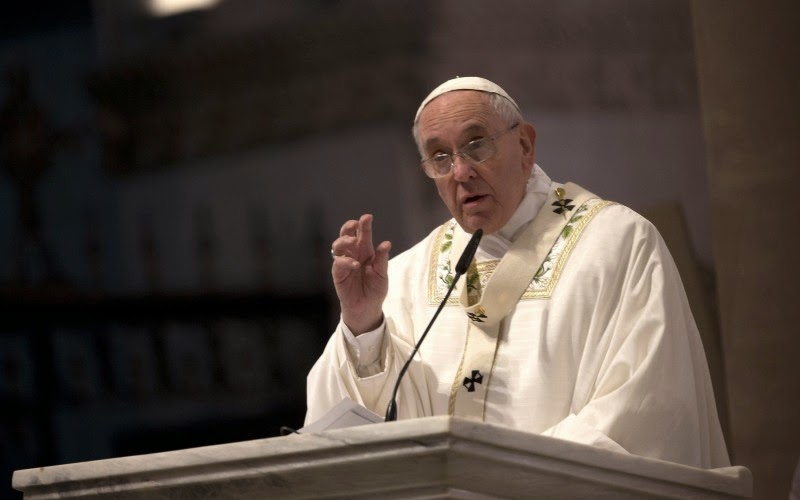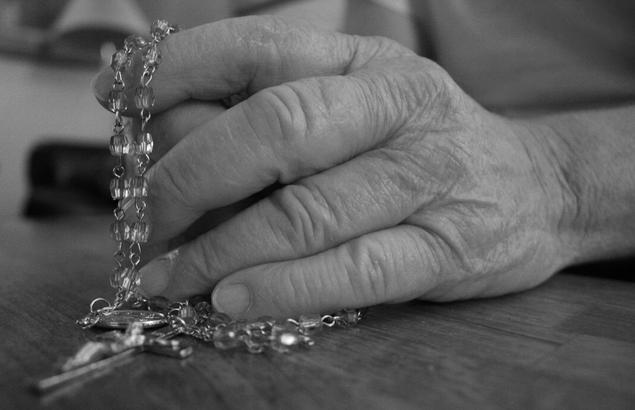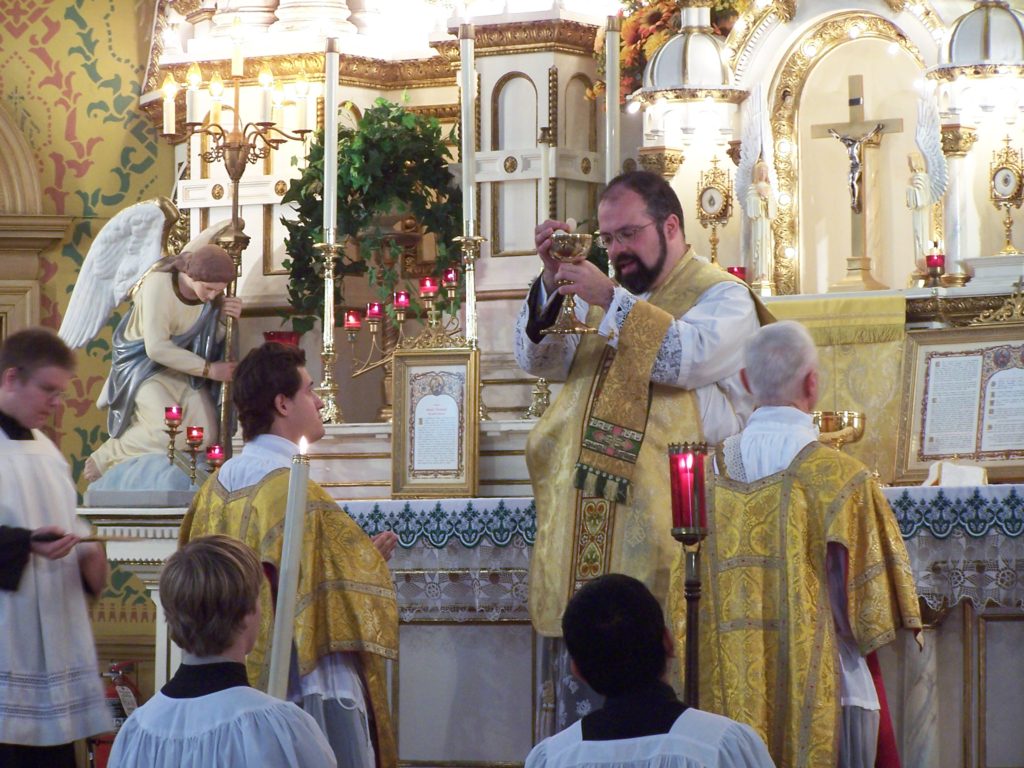Don’t Lose Your Moral Bearings in the Darkness
Imagine you’re a pilot flying alone on a completely dark night with no instrumentation. Envision how hard it would be to know your altitude, your level, and whether or not you’re about to crash into something. In total darkness, with no visibility and landmarks for reference, there is a good chance the airplane will crash […]
Don’t Lose Your Moral Bearings in the Darkness Read More »









